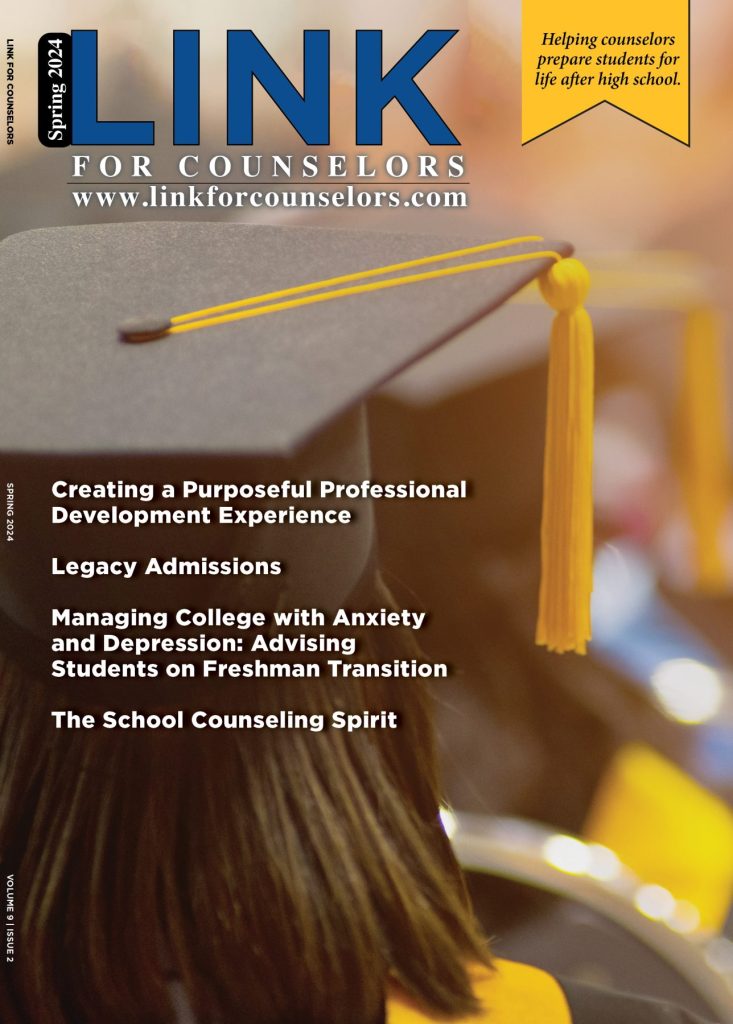The Importance of Experiential Learning and Community Service Work
Regardless of where you want to attend college and what you’d like to study, you should seriously consider getting involved in some community service work – both in high school and then in college as well! I’m not talking about the type of community service work you do to satisfy a requirement or to pad your resume. I’m talking about finding something that matters to you and then devoting your time and talent to it. Many of us get sucked into the performance trap of doing the right things for the wrong reasons. To avoid this, spend some time really thinking about the different causes that matter to you and figure out the why ….. why do they matter? Be intentional. Once you’ve done that, find an organization to work with either formally or informally and commit to it in a substantive way. It doesn’t have to be a massive time commitment, but it should be sincere and it should be consistent.
In addition to the obvious benefits of helping a worthy cause and feeling a sense of personal satisfaction, you’ll gain transferable skills that will work to your advantage in the application cycle and in job interviews. I often tell students that volunteer work is essentially the same as an unpaid internship – you can learn so much from it! Experiential learning teaches you things like how to manage competing obligations, how to deal with diverse populations, how to work on a team and meet deadlines, and how to problem-solve in the real world. Colleges and employers look for these qualities in applicants! And who knows … perhaps this experience will help sow the seeds for that application essay or even inform what you’d like to do in your future. You never know.
In our world, there’s no shortage of worthy causes. Try and resist the urge to follow what your friends are doing or what you think will “look good” and instead devote yourself to something that matters to you. The payback is worth it! If you need help figuring out what you’d like to do or where to find opportunities, I can help with that. Please don’t be shy about reaching out.
Finally, when you get to college, remember to take advantage of experiential learning opportunities there. Education is not confined to the four walls of a classroom, and these experiences will enrich you academically and personally. They will also better prepare you for internships, jobs, and/or graduate school.
One example of an amazing experiential learning opportunity is the Georgetown University Prison and Justice Initiative (https://prisonsandjustice.
www.turnereducationaladvising.




